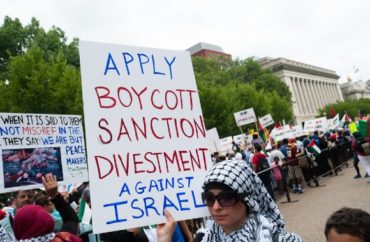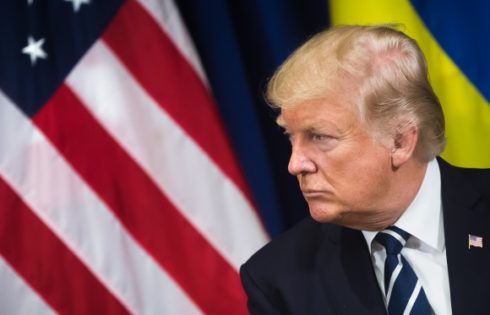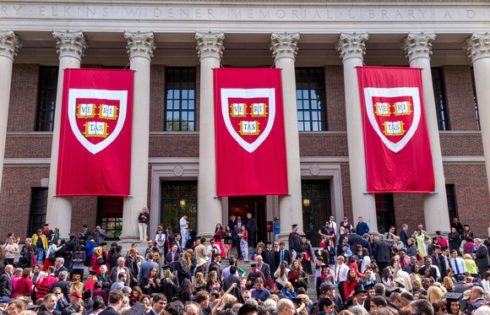
Academic boycotts are “fundamentally incompatible” with academic freedom, the Foundation for Individual Rights and Expression warns.
Writing for FIRE, Robert Shibley defines academic boycotts as “a tactic in which faculty members state that they, or an organization to which they belong, will refrain from working with certain scholars or institutions affiliated with the target of the boycott until that target changes the policies or practices to which the boycotters object.”
Shibley stated that the issue becomes particularly problematic when institutions impose systematic boycotts that restrict the autonomy of individual scholars. He wrote:
FIRE has long supported the rights of individual students and faculty to make individual decisions about the scholars and institutions with whom they wish to engage — or wish to avoid. Academia could not function if scholars could not exercise their own judgment, even if individual academics may not always act in a way that best serves the interests of open inquiry. The academic boycotts of primary concern arise when individual academic institutions, their subdivisions, or professional organizations enact systematic boycotts to which their members are expected or required to adhere, or that impede individual scholars from engaging with boycotted counterparts. Indeed, these systematic boycotts themselves interfere with the individual rights of faculty to decide which peers to engage or avoid.
The author pointed out that the American Association of University Professors recently released a statement expressing a differing view, stating academic boycotts “can be considered legitimate tactical responses to conditions that are fundamentally incompatible with the mission of higher education.”
Shibley stated that FIRE, on the other hand, will continue to “oppose systematic academic boycotts.” He noted that almost ten years ago, the organization’s president, Greg Lukianoff, argued that academic boycotts and “the principles of academic freedom” cannot coexist.
Quoting Lukianoff, Shibley wrote, “academic freedom ‘relies on open communication across lines of difference in a global system of checking, arguing, researching, collaborating, and competing to produce better ideas,’ and that preventing scholars from working with peers from a particular nation ‘in the name of opposing that country’s government is incompatible with this open, liberal system.’”
MORE: More than 1,000 scholars sign petition against AAUP for supporting academic boycotts
IMAGE: Ryan Beiler/Shutterstock
Like The College Fix on Facebook / Follow us on Twitter




Add to the Discussion